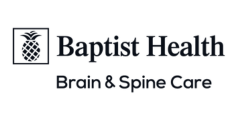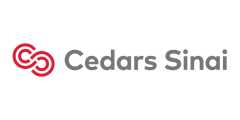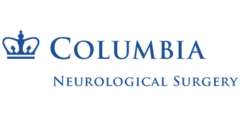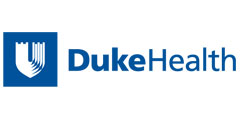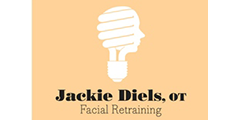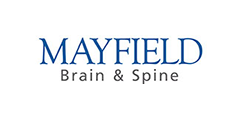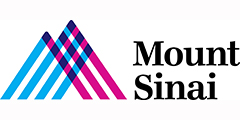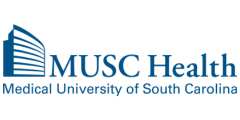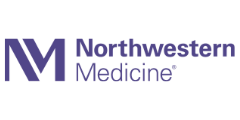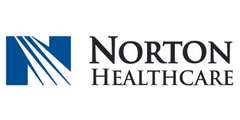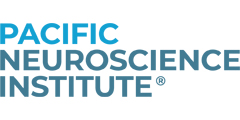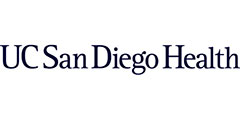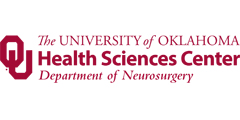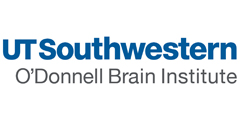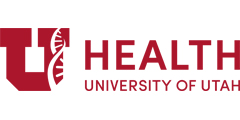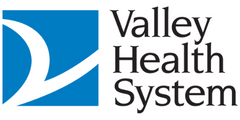Is a support group for me?
"We have faced a common trauma – coping with an acoustic neuroma. Face-to-face group meetings give the opportunity to be with others who truly understand. By sharing how we have coped and been helped by receiving medical information from professionals who may be new to us, we can restore ourselves by the strength furnished by a caring community."
Ginny Fickel Ehr, ANA Founder
“Support Group” does not fully describe the extent of the support that groups provide. Although support is a big part of what groups do best, they provide so much more! Encouragement, networking opportunities and outstanding presentations from a variety of guest speakers are highlights of these meetings.
About ANA Support Groups
All Support Group meetings are free and open to anyone affected by acoustic neuroma and we look forward to welcoming you at a meeting soon. When you are ready, we are here.
What are the advantages of attending a support group meeting?
For many people with acoustic neuroma, a support group is one of the only places where they can connect with others who share their experience. A support group provides understanding, encouragement, reassurance and educational presentations that will help educate you about acoustic neuroma and adjust to life changes. Our support groups offer a safe haven for discussing your challenges and a place for you to ask questions, share tips with others, and spend time with an encouraging network of people who have walked in your shoes.
What is a Support Group meeting like?
Before the meeting
Support groups are free and we welcome anyone affected by acoustic neuroma, including family members, friends, caregivers, and other loved ones. Prior to a meeting, you will need to register online.
Is this your first meeting?
Support group leaders look forward to hearing from you and we encourage you to contact your leader and introduce yourself before your first meeting. Leaders are able to answer questions that will help you feel more comfortable if you are attending for the first time.
Meeting length and formats
Some groups meet online using Zoom. Other groups meet in person and some groups offer a combination of both. Meeting times vary from one to two hours depending on topic(s). Meeting formats also vary – some meetings feature a guest speaker; others will be strictly supportive, or both. The supportive meeting, sometimes called ‘caring and sharing’ features an open format, allowing attendees to openly discuss topics that interest them. You can participate as you feel comfortable, whether you want to want to share your experiences, ask questions, or hear from others. For most people, simply attending meetings, interacting with other patients and listening to the experiences of others can be very helpful.
If a meeting includes a speaker or educational topic, you can expect that the speaker is from a health care or other professional area. Topics cover a wide range of acoustic neuroma subjects, such as treatment options, balance, facial issues, tinnitus, hearing issues and devices and more.
Support Group Leaders and Co-Leaders
Leaders and co-leaders are volunteers, and just like you, are people affected by acoustic neuroma. They offer their time and energy as ANA volunteers to give back to the acoustic neuroma community. This dedicated network of volunteers receive support from the ANA to help them plan, coordinate and facilitate successful meetings.
Who attends these meetings?
People just like you. People whose lives have been changed by acoustic neuroma and are looking for answers and want to connect with others with similar experiences. The ANA offers a variety of support groups so that you can find what is best for you and your situation, including:
- geographic in-person local groups
- virtual support groups
- specialty support groups
For more information about Support Groups, please contact Melanie at volunteers@ANAUSA.org.




